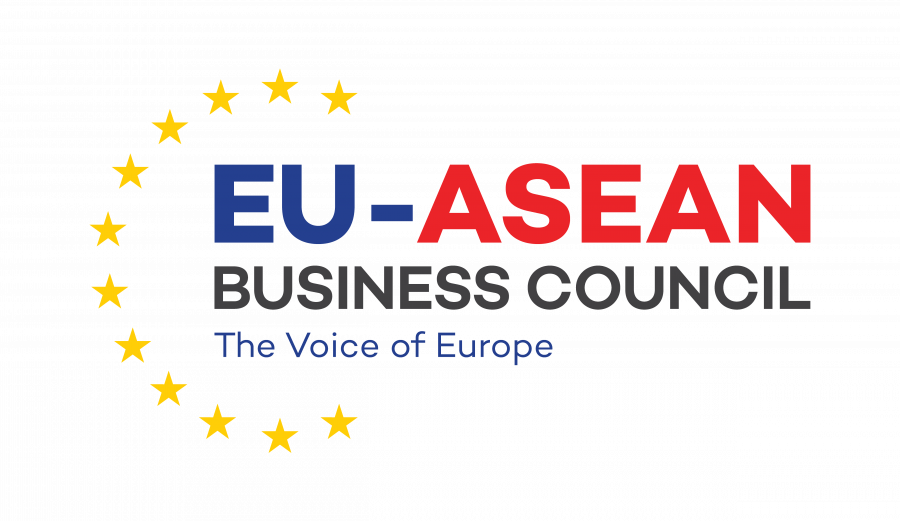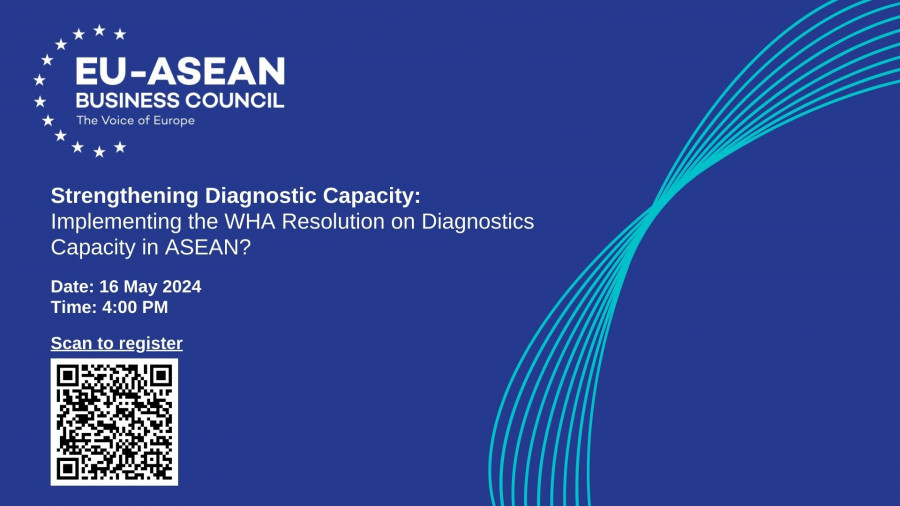Strengthening Diagnostic Capacity: Implementing the WHA Resolution on Diagnostics Capacity in ASEAN?
Diagnostics play a pivotal role in influencing up to 70% of clinical decisions, yet they account for less than 1% of healthcare expenditure globally. Approximately 47% of the global population has limited to no access to diagnostics. The emergence of the COVID-19 pandemic underscored the critical importance of diagnostics in healthcare systems worldwide. As global economies continue to recover in the post-pandemic era, it is equally critical to assess the progress made in diagnostics adoption since, to never forget the lessons learned and good practices adopted in the diagnostics landscape from COVID-19.
The webinar is a continuation from the past conversations the Council has had on diagnostics access and adoption. The discussion will delve into the recent historic milestone achieved at the 76th World Health Assembly with the adoption of a Resolution on strengthening diagnostics capacity which emphasises the need for comprehensive diagnostics strategies, equitable access to tests, and the crucial role of diagnostic data in healthcare decision-making. How far have we advanced forward for diagnostics in the past two year? What hurdles have we overcome, and what other barriers remain to ensure equitable access to appropriate and quality diagnostics are availed for patients?
The webinar will discuss the following:
1. How has the WHA Resolution on strengthening diagnostics capacity impacted the prioritisation and implementation of diagnostic strategies in different regions, particularly in ASEAN?
2. How have individual ASEAN member states aligned their national healthcare policies and resources with the World Health Assembly (WHA) resolution on diagnostics, and what challenges have they encountered in this process?
3. What strategies have been employed to ensure equitable access to diagnostic services across diverse populations within ASEAN member states, especially in remote or underserved areas?
4. How are ASEAN member states collaborating regionally to address common challenges in the implementation of the WHA resolution on diagnostics, such as capacity building, technology transfer, and regulatory harmonisation?

